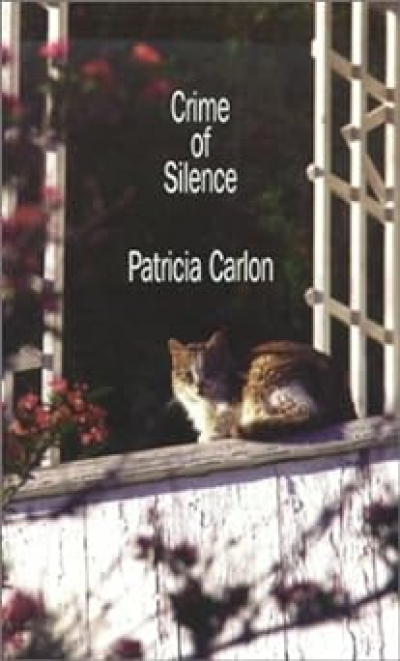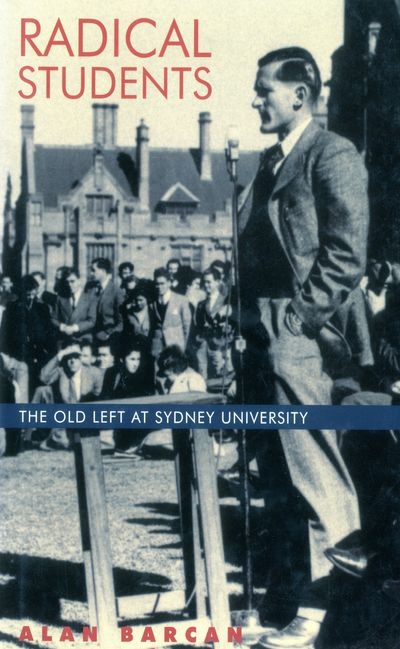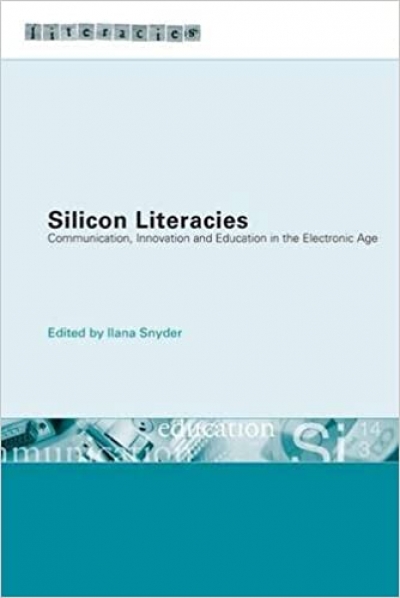Archive
Crime of Silence by Patricia Carlon & The Unquiet Night by Patricia Carlon
The Commonwealth of Speech: An Argument about Australia’s Past, Present and Future by Alan Atkinson
Radical Students by Alan Barcan & The Diary of a Vice-Chancellor by Raymond Priestly (ed. Ronald Ridley)
Archie Fusillo
The following books manage to avoid patronising their intended audience by eschewing proven ‘age-appropriate’ characters and/or sanitised versions of contemporary issues inserted into formulaic plots. Finding Grace (Allen & Unwin), by Alyssa Brugman, balances pathos and drama in telling the story of a young woman, Rachel, who discovers the real meaning of heroism and personal strength when she leaves university to care for car accident victim Grace. Wildlight (Penguin), by David Metzenthen, weaves historical detail, an ear for dialogue, and a keen sense of adventure into a clever story of self-discovery by his illiterate protagonist Dirk Wildlight. Ian Bone’s The Song of an Innocent Bystander (Penguin) grips the reader with the force of its moral and ethical dilemma, while never straying from being a probable story set in a world that is becoming less and less predictable.
... (read more)Silicon Literacies: Communication, Innovation and Education in the Electronic Age edited by Ilana Snyder
Walking Naked by Alyssa Brugman & The Barrumbi Kids by Leonie Norrington
When a children’s picture book first comes into the home, there is no way of telling whether it is going to be ‘the one’ – the one that will be read and reread; that will have pictures drawn about it and songs made up about it; that will be carried around and allowed to spend the night at the end of the bed. There’s no rhyme or reason to it; awards and critical acclaim don’t mean too much. The book is simply chosen, and becomes the centre of the child’s universe for a week, a month – a lifetime.
... (read more)The arresting cover of James Jupp’s important From White Australia to Woomera features the distraught faces of the children of detained asylum seekers. As the blurb puts it: ‘There never has been a greater need for a sober, historically informed yet critical account of immigration policy in Australia.’ This is indeed a book for the times. The nation’s left/liberal intelligentsia – much-disparaged by the right as ‘the politically correct chattering élite’ – has been in a state of profound shock ever since John Howard and Philip Ruddock swept the government to victory in November 2001 on the back of their hardline policy on asylum seekers. The Tampa episode, the ‘Pacific solution’ and the rising desperation of the families incarcerated and punished at Port Hedland, Maribyrnong and Woomera are surely all too familiar to readers. Labor’s experimentation with temporary protection visas for refugees in 1990, and the introduction of mandatory detention for the ‘boat people’ in 1991, had been followed under Howard, from 1996, by the freezing of humanitarian programme levels, reductions in social security support and an increasingly draconian detention regimen. But none of these developments quite prepared observers for the Howard government’s subsequent demonising and torturing of these wretchedly desperate folk in the final stage of their attempt to find sanctuary from evil Middle Eastern régimes. And nothing, perhaps, was more shocking than the government’s dry-eyed response to the drowning of refugee women and children at sea.
... (read more)








